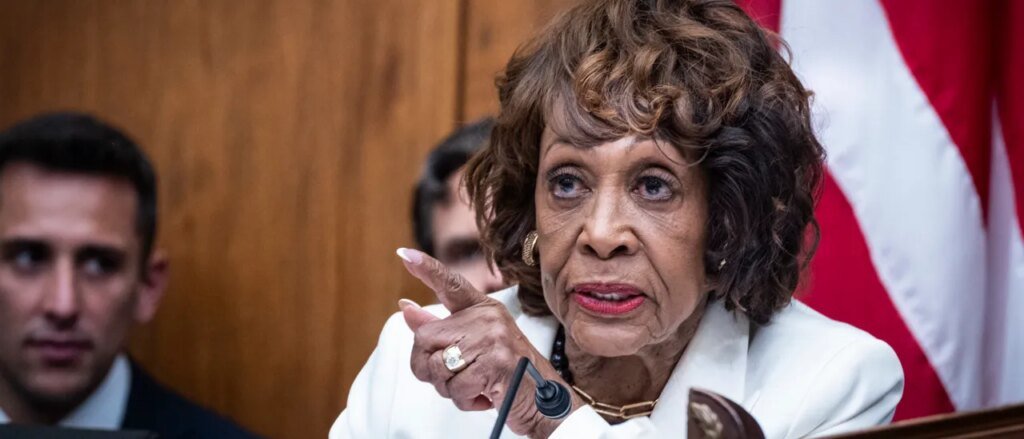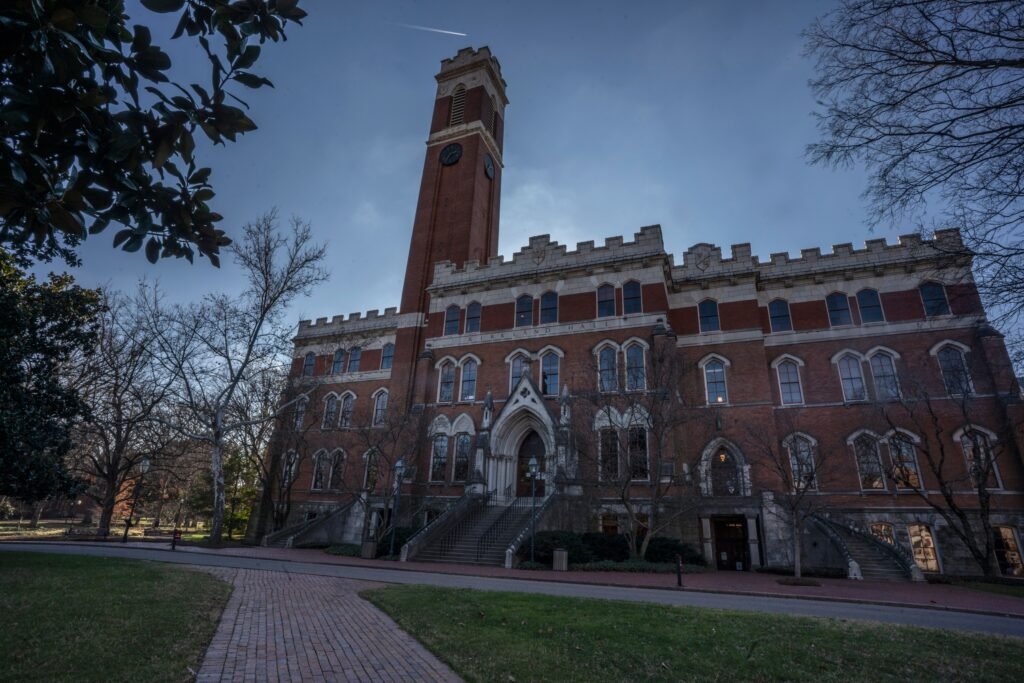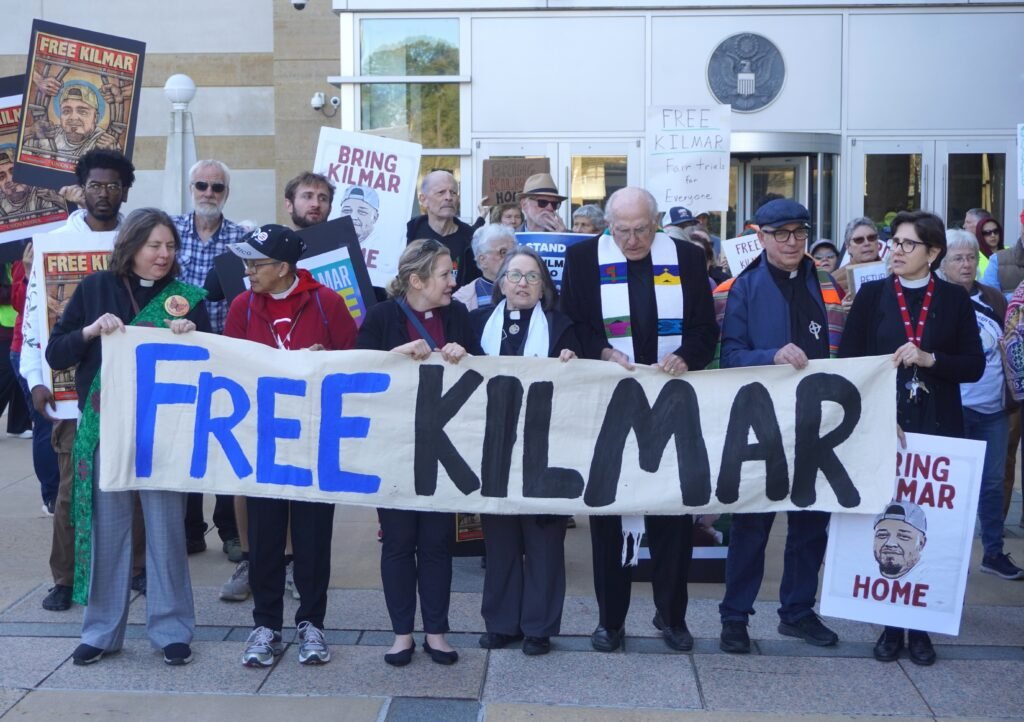Once again, the idea of a “free lunch” feels pretty far-fetched. Essentially, the government doesn’t have its own money; it funds things through taxes, borrowing, or just printing more cash.
Most Democratic senators, with a few exceptions, opposed fully funding the federal government because they want to reverse the spending cuts that came with the so-called “Big Beautiful Act.” They’re looking to spend even more and are also pushing to extend the expired subsidies from Obamacare.
There’s been some back and forth about health care for undocumented immigrants. Sure, Democrats have called Republicans “liars” for their claims, but Rep. Maxine Waters (D-Calif.) noted when asked about this situation that “Democrats want health care for everyone.” It’s a pretty strong statement.
In a 2020 Democratic debate, when the question of government health care plans that include illegal immigrants came up, all ten candidates raised their hands. So, it seems like a common thread among the party.
Regarding Obamacare, it’s really interesting how they set up the system knowing some subsidies would eventually fade away. This was a way, I suppose, to downplay the total costs involved. Their strategy seemed straightforward: If Republicans didn’t extend those subsidies, they’d be blamed for the financial consequences.
Former President Obama once assured us that Obamacare would “bend the cost curve.” But then there’s Jonathan Gruber, a key figure behind the legislation, who mentioned that saving money wasn’t the main goal. Instead, the focus was on improving health, which inevitably comes at a cost.
For many in both parties, moving away from government-run health care to a strong competitive private sector that could lead to lower prices and better quality isn’t on the table. They often consider healthcare a “right.”
When it comes to crime, isn’t the government primarily responsible for safeguarding its citizens and their property? Policies that impose light penalties or shorten sentences seem to increase crime rates. If criminals think there’s less chance of getting caught or punished, they might be more likely to commit offenses. It’s a little perplexing how some politicians don’t seem to grasp this dynamic.
Take Rep. Jasmine Crockett (D-Texas), for instance, who recently commented that just because someone commits a crime doesn’t label them as a criminal. She suggested that it’s more about mentality, with various reasons influencing criminal behavior.
Seattle Mayor Bruce Harrell also chimed in, saying when a person has a history of multiple offenses, he can’t help but wonder about their background. He emphasized the need to address personal histories rather than just focusing on punishment for those who harm others.
Meanwhile, President Trump has faced accusations of racism for deploying the National Guard to assist local police in areas with high crime rates. Baltimore Mayor Brandon Scott remarked that it was notable that all the cities targeted had Black mayors and often faced low levels of violent crime historically.
While some might downplay the national effect, reports from D.C. have shown a significant drop in crime since the National Guard’s arrival. Isn’t it fascinating? D.C. went seven days without a murder, and there were drops in carjackings and robberies as well. The National Police Association seems to see this as a success that enhances public safety.
As for deportations, you’d think people might protest more, considering the pandemic restrictions, yet some have taken to the streets to oppose ICE’s actions against undocumented immigrants who’ve committed violent crimes. After nearly four years of President Biden easing border security and allowing a rush of undocumented individuals, one wonders what, if anything, will be done about the “worst of the worst” cases apart from issuing strongly worded letters.







